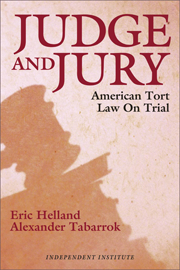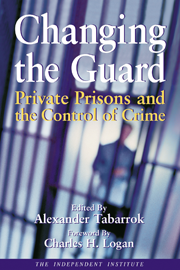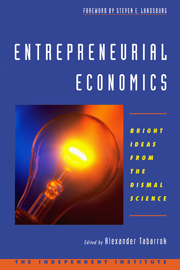A new report from the European Parliament makes some stunning claims about the abuse of intelligence information gathered by the NSA and the CIA. According to the report, US intelligence organizations routinely eavesdrop on millions of international phone calls, faxes, email messages and other data transmissions.
These billions of bits of data are stored, then searched and sorted. Information thought to be of economic value is passed on to the Commerce department which in turn disseminates that information to large US firms. In 1994, for example, the NSA intercepted phone calls from Thompson-CSF to Brazil. Information from these phone calls was then used by the Commerce department to help US Raytheon Corporation win the Brazilian project. Perhaps not coincidentally, US Raytheon helps to build and maintain part of the NSA’s network of spy satellites. Apparently our intelligence organizations, which are supposed to protect us from international terrorists and rogue states, have instead been captured by giant US firms eager for a leg up on their competition.
What is good for the goose is good for the gander, so it would be surprising if foreign governments were not also monitoring communications networks and funneling stolen information to their own favored firms. It has been argued that the fax machine, the cellular phone, and the internet promote free expression and democracy by opening the channels of communication to all. The widespread eavesdropping on international communications by our own and foreign governments suggest that this promising vision is threatened.
Communication cannot promote liberty if it is not private. The effectiveness of government eavesdropping shows why everyone should have full access to super strong cryptography techniques. The US government has tried to suppress such techniques by trying to force its own citizens (and the rest of the world) to use its clipper chip and key escrow systems. Microsoft, IBM, and other firms have been instructed to make sure that the US government can break into any transmission of data using their products sold overseas.
The government is so fearful that people may communicate in ways that they cannot overhear that the “export” of cryptography software has been made equivalent to exporting munitions under the International Traffic in Arms Regulations. While still a graduate student at the University of California at Berkeley, Daniel Bernstein devised a new cryptographic technique that he wanted to make available to the public on his web page. Imagine Bernstein’s shock when he discovered that posting information on the web could make him an international arms merchant!
Bernstein sued the state department, which threatened to have him arrested unless he submitted his work to them for their potential approval. In 1996 the court found that Bernstein’s first amendment rights had been violated and they ordered the state department to cease and desist its meddling. In response, the government shifted its attempt to regulate Bernsten’s speech to the Commerce Department. Bernstein amended his case and won also against the Commerce Department who appealed. Finally, on May 6 Bernstein won his case against the State Department, the Commerce Department, the NSA, the CIA and a host of other agencies. According to the court, the government’s prior restrictions on Bernstein’s publication “struck deep into the heartland of the First Amendment.” The Clinton administration is likely to appeal to the Supreme Court.
Bernstein’s case is important, however, not primarily because he has gained the right to publish his work but because we have gained the right to make us of it.
Speaking for the majority, Judge Fletcher of the Ninth Circuit Court of Appeals spoke eloquently about Bernstein’s case. “In this increasingly electronic age,” she wrote, “we are all required in our everyday lives to rely on modern technology to communicate with one another. This reliance on electronic communication, however, has brought with it a dramatic diminution in our ability to communicate privately. Cellular phones are subject to monitoring, email is easily intercepted and transactions over the internet are often less than secure.... Whether we are spied on by our government, by criminals, or by our neighbors, it is fair to say that never has our ability to shield our affairs from prying eyes been at such a low ebb. The availability and use of secure encryption may offer an opportunity to reclaim some portion of the privacy we have lost. Government efforts to control encryption thus may well implicate not only the First Amendment rights of cryptographers intent on pushing the boundaries of their science, but also the constitutional rights of each of us as potential recipients of encryption’s bounty.”












